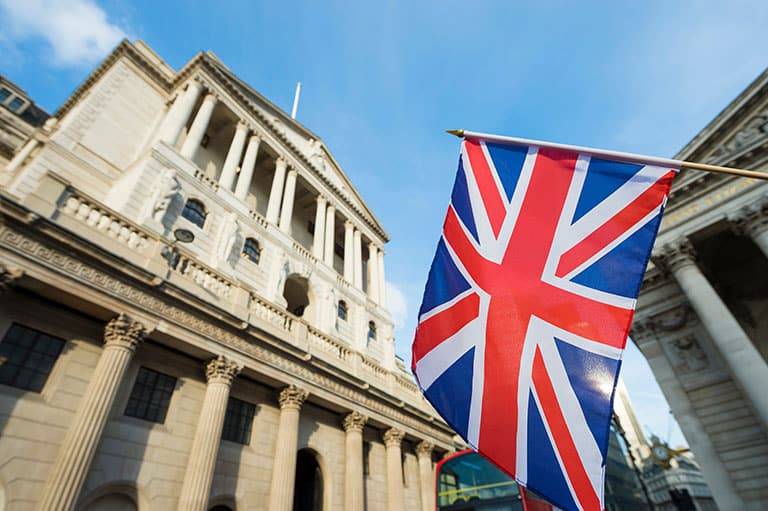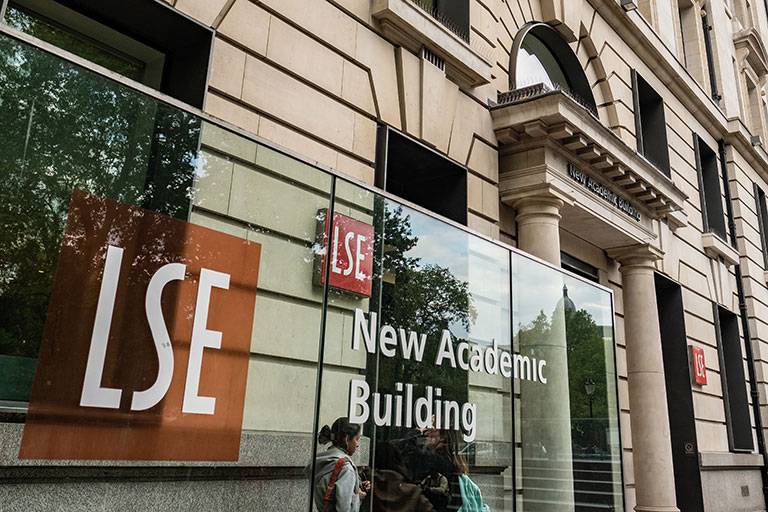From the Station to the Port
As a city, London has managed to build up a very good infrastructure. London has invested a lot in the transport sector in recent decades. There is an excellent network of roads and railroads that cross London. The city is also known for its highly developed maritime transport. The good network of transport facilities facilitates the movement of goods to and from market. In 2021 alone, the Port of London handled 1.8 million TEUs (20-foot standard containers). The city also has a lot going on in the aviation sector, with around 100,000 flights a month departing from London’s airports to Europe and around the world.

Strong in Business and Finance
London’s strength, similar to that of Tokyo, lies in the large number of locally based companies. In the financial and business services sector, 33% of the European headquarters of the Global Fortune 500 are located in London. In this train are also
over 40% of the world’s foreign shares are traded on the London Stock Exchange, a higher proportion than in New York.
London is considered unique due to its commercial agglomeration and regulatory environment. The city therefore has a considerable head start when it comes to innovative ideas resulting from overlaps between sectors.
Your Wealth, Our Priority: Altoo's Consolidation Power, Secure Document Management, and Seamless Stakeholder Sharing for High Net Worth Individuals. Preview Platform.
The city’s financial and service sectors alone employ 2.3 million people.
This sector represents the largest employer in the capital, and one has generated a gross value added of 200 billion pounds.

Education as an important Foundation
London’s strengths in science, technology and design provide a significant competitive advantage. The capital has over 4,500 world-class researchers and renowned medical and clinical trial centers. Over 42 higher education institutions London’s academic excellence is underpinned by the largest concentration of higher education institutions in Europe. This high concentration of higher education institutions is not only a critical factor in terms of the global city, but also for the further development of the entire region.
The definition of a global city includes, in addition to the economy, numerous other factors. In the case of London, it could be seen that education, the economy, the financial sector and the strong infrastructure not only belong to the advantages of the city and make it internationally competitive, but that these factors also define London as a global city.










